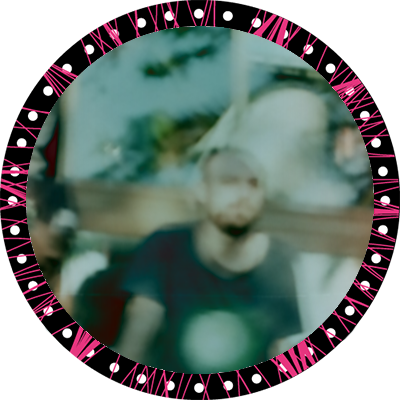Web3 is a promise. OpenGov is the way.
Good Morning!
We are OpenGov.Watch.
We are here to help Polkadot Governance grow up and transform Polkadot into the most impactful Web3 ecosystem this beautiful planet has ever seen! We will do this by providing information, leading initiatives, and developing Polkadot governance structures.
We now could talk about the problems we see in this space and how we intend to (help) solve them, and we certainly will in the coming days. But right now we want to use the opportunity to talk about something bigger: Our vision for what Polkadot can become.
Before you read on, make sure to follow our socials:
You were born just right...
"We are the middle children of history. Born too late to explore earth, born too early to explore space."
We were told that we can change the course of history. We watch in awe as AI is writing history. Our lives are enriched by constantly updating technology and watch in fear as the same technology is used in wars to end human lives. We have built a global information network and handed over control to big corporations and nation-states. We are participating in a global economy that is being weaponized without our consent.
And in the midst of all that, we decide to spend our time in the deep in blockchain technology. If you are reading this post, chances are that you think that crypto can be part of the solution to many of those problems. You were born just right for Web3...

